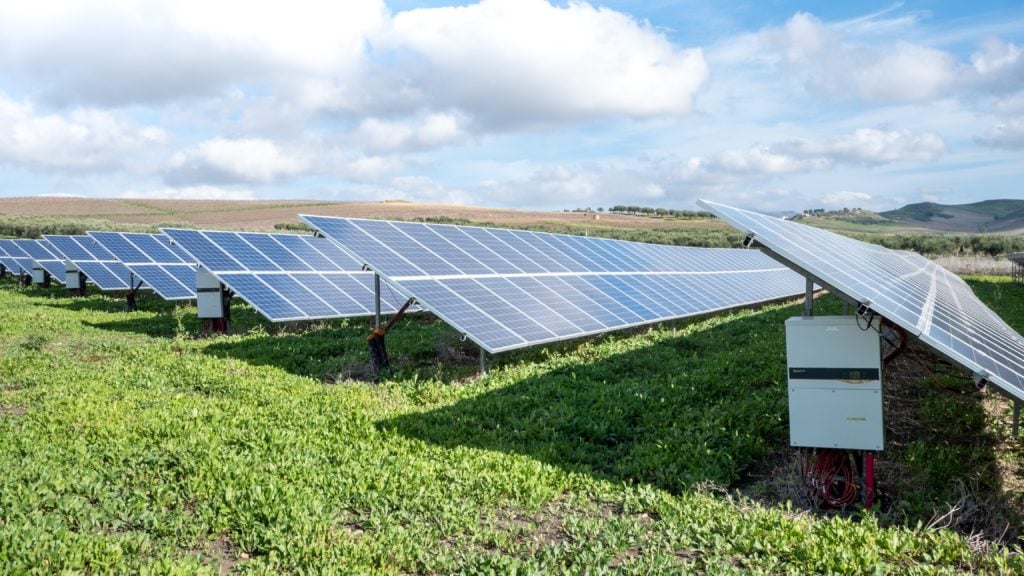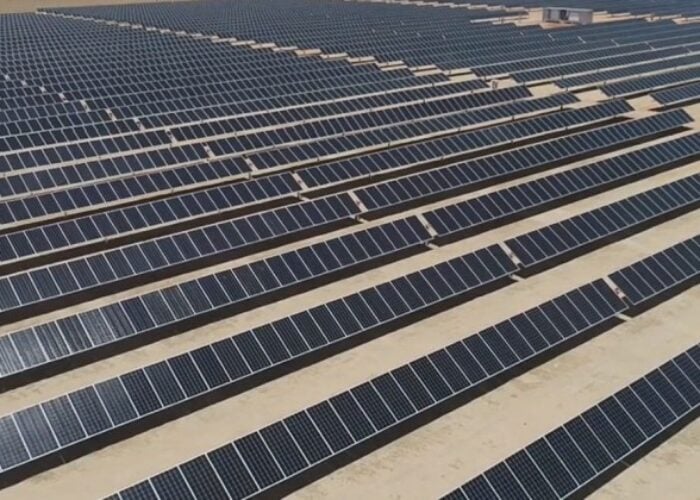
Power purchase agreements (PPAs) must become a mainstream tool for the development and energy supply of renewables, according to trade body SolarPower Europe (SPE).
The revision of the EU Electricity Market Design has to incentivise investment in more renewable capacity for which PPAs give long-term stability and low costs of renewables against electricity price volatility, said the trade body in a position paper about its vision on the EU Electricity Market Design.
Try Premium for just $1
- Full premium access for the first month at only $1
- Converts to an annual rate after 30 days unless cancelled
- Cancel anytime during the trial period
Premium Benefits
- Expert industry analysis and interviews
- Digital access to PV Tech Power journal
- Exclusive event discounts
Or get the full Premium subscription right away
Or continue reading this article for free
This involves the need to make PPAs more accessible to all consumers, including small and medium enterprises who might not have a big enough energy consumption to directly sign a PPA.
Naomi Chevillard, head of regulatory affairs at SolarPower Europe, said: “Revised market design should empower corporate and citizen consumers to benefit more directly from low-cost renewable electricity by facilitating access to renewable Power Purchase Agreements.”
Moreover, state support schemes – such as contracts for difference (CfDs) – will also be necessary, especially for the deployment of new technologies such as floating solar, agrivoltaics or storage, as well as in markets where the PPA framework is underdeveloped or non-existent.
This should be ensured in a level playing field between CfDs and PPAs for solar PV developers to not favour one or the other and ensure maximal economic optimisation, according to SPE’s position paper.
“Changing the foundations of electricity markets, such as marginal pricing, is creating regulatory instability and actually halting investments into new renewable technologies. We have already seen negative consequences of the market revenue cap on the Power Purchasing Agreement market,” added Chevillard.
The European Union’s move to put a cap on market revenues at €180/MWh (US$195/MWh) last September with each country able to set different caps and rules was viewed as a possible setback in the development of renewables in Europe.
Last December, the Netherlands went further down the EU price cap and set it at €130/MWh for solar and wind capacity, which could decelerate the installation and investment of solar capacity when the country was the fourth market in solar capacity added in 2022, with 4GW.
In order to increase and accelerate the installation of solar PV the grid needs to solve its grid capacity issues that are slowing down the deployment of capacity in several European countries – Austria, Denmark and the Netherlands among others – and with permit delays.
Several provisions in the Clean Energy Package – such as identifying flexibility needs by strengthening network development plans on the distribution grid – could ease out grid connection for solar PV projects but have not been implemented enough, according to SPE. This could be helped with the removal of non-market barriers.
An increase of 50-70% in investment towards upgrading the transmission and distribution grid to reach €34-39 billion (US$36.8-42.3 billion) a year by 2030 would be needed to support the fast pace of renewable capacity added.
Furthermore, SPE’s position paper on the review of the EU electricity market design states it must incorporate fundamental principles of wholesale markets, such as marginal pricing as those provide the right signals to invest in renewable technologies.
Market signals must be preserved as they have shown both investors and consumers to adapt and innovate, while the electricity market should not be split according to the type of technologies (e.g. dispatchable versus non-dispatchable).
The EU Electricity Market Design should push for the harmonisation of electricity pricing across the EU. Locational pricing should be avoided as it drives the market in the opposite direction, complicates cross-border trade and disrupts long-term contractual arrangements.
The full extent of SolarPower Europe’s position paper can be read here.






